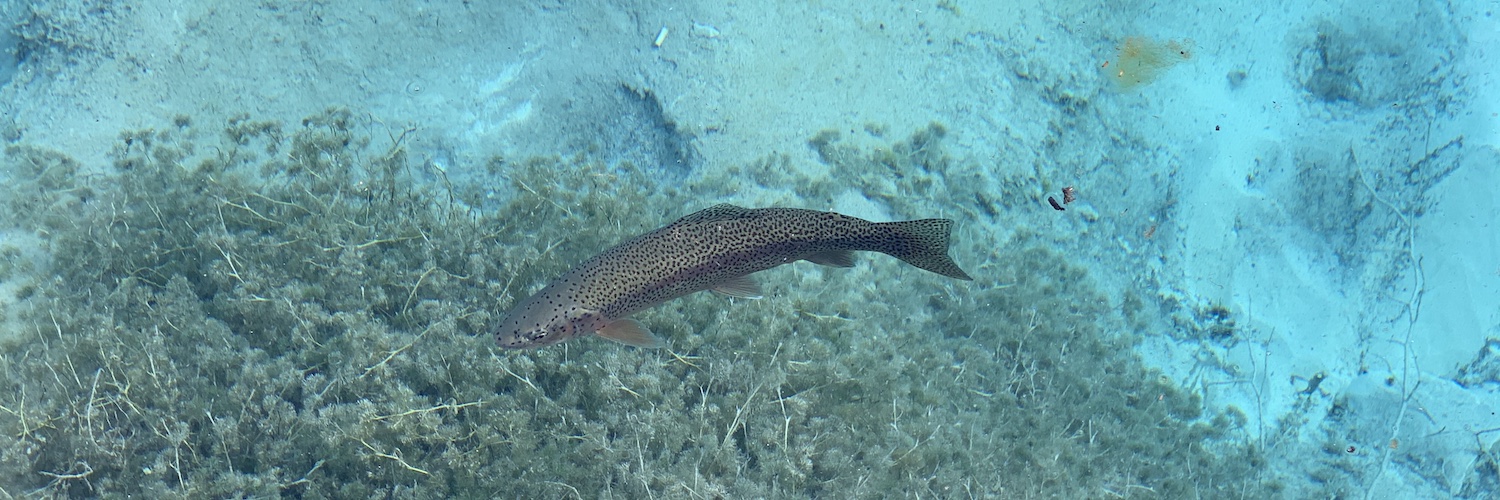Assoc. Prof. Urban Šilc, Ph. D.

Associate Professor at master degree study programme (2nd cycle) Earth and Environmental Sciences and doctoral degree study programme (3rd cycle) Environmental and Regional Studies at Postgraduate School ZRC SAZU.
urban.silc@zrc-sazu.si
Course principal:
- Earth and Environmental Sciences (master degree study programme 2nd level)
- General elective courses at Biodiversity, ecology and evolution module:
- Environmental and Regional Studies (degree study programme 3rd level)
- Mandatory courses:
- Common elective courses:







